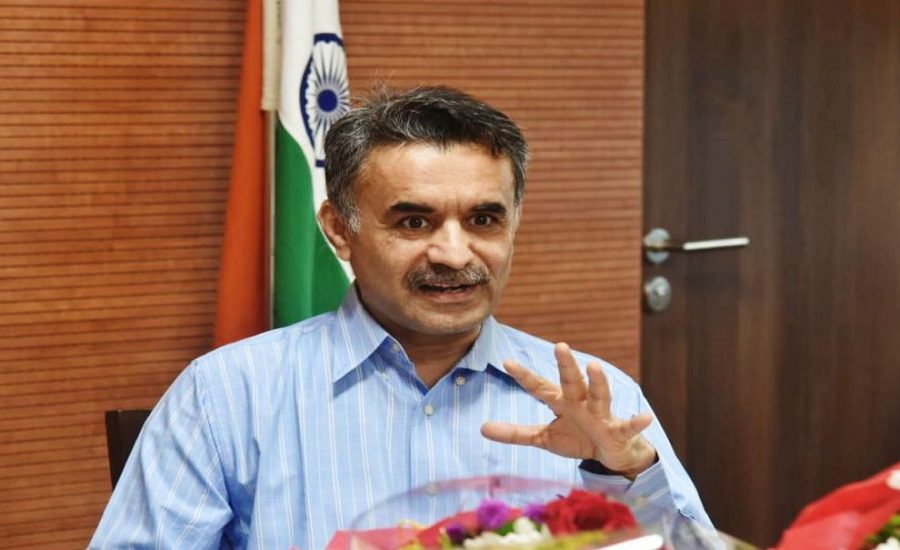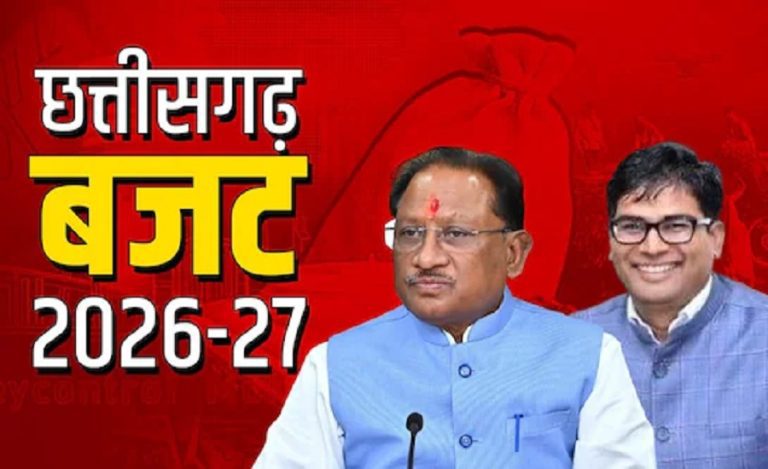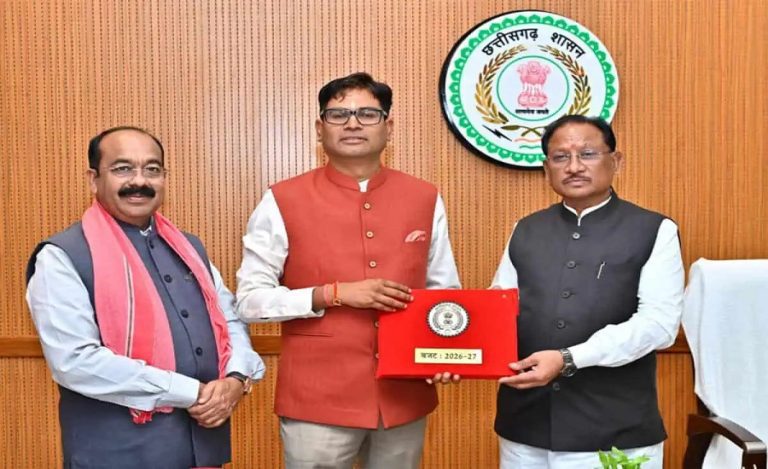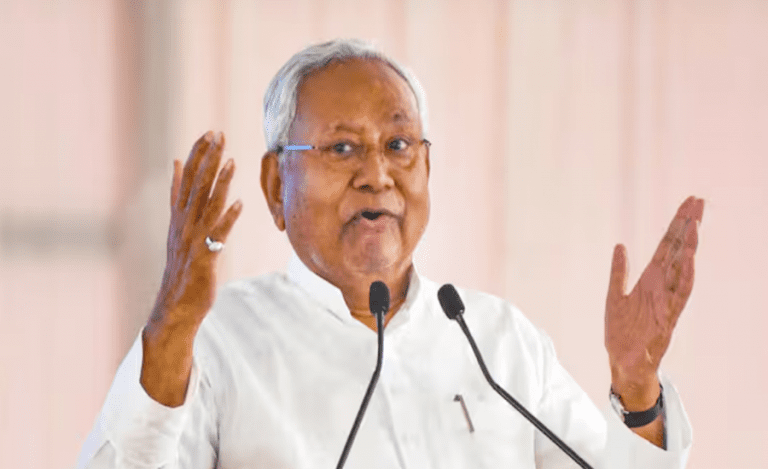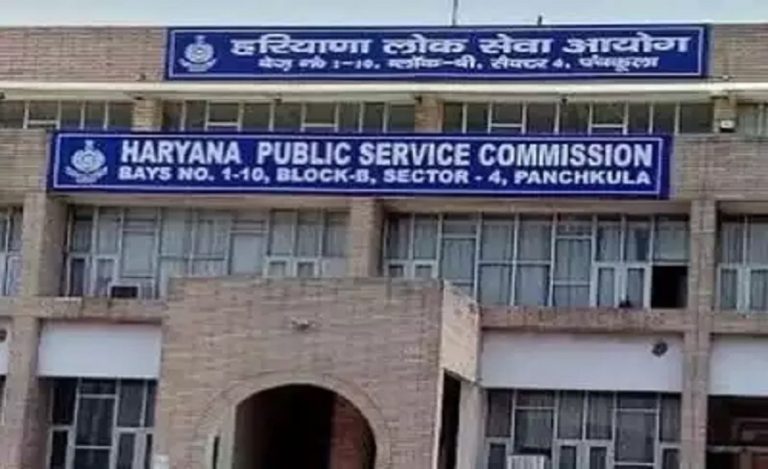Mumbai: In a significant administrative move, the Maharashtra government has appointed Nitin Kareer, former Chief Secretary and retired IAS officer of the 1988 batch, as the Chairman of the Maharashtra State Finance Commission. His appointment is expected to bring strategic depth and seasoned oversight to the body tasked with advising on financial devolution to local governments.
Legacy of Policy Leadership
Kareer, who retired from service earlier this year, is considered one of Maharashtra’s most respected bureaucrats. Known for his calm demeanor and policy-oriented leadership, he has served in crucial roles including Principal Secretary of Urban Development, Revenue, and Town Planning Departments. Over his career, he has overseen major urban infrastructure initiatives and played a key role in formulating land-use and planning policies that shaped the state’s urban growth.
Strengthening Fiscal Decentralization
The State Finance Commission (SFC) is mandated to recommend how state revenues are distributed among municipalities and panchayati raj institutions. In a state like Maharashtra—grappling with both urban pressures and rural disparities—Kareer’s appointment is seen as a step toward creating balanced, data-driven financial planning for grassroots governance.
His experience in fiscal decentralization, particularly in revenue-sharing models and grants to local bodies, is expected to bolster the commission’s role in ensuring equitable and transparent resource allocation.
Focus on Urban-Rural Equilibrium
Experts note that Kareer’s understanding of both urban planning and rural administration positions him uniquely to bridge the gap between fast-growing cities and under-resourced villages. With Maharashtra witnessing intense urbanization on one hand and persistent rural challenges on the other, the State Finance Commission’s recommendations under his leadership will likely play a crucial role in driving inclusive development.
Clean Reputation, Technocratic Approach
Widely admired for his integrity and technocratic style, Kareer has often been involved in long-term institutional reforms. His tenure as Chief Secretary was marked by quiet efficiency and a focus on governance reforms, especially in areas such as e-governance, planning rationalization, and urban-rural integration.

